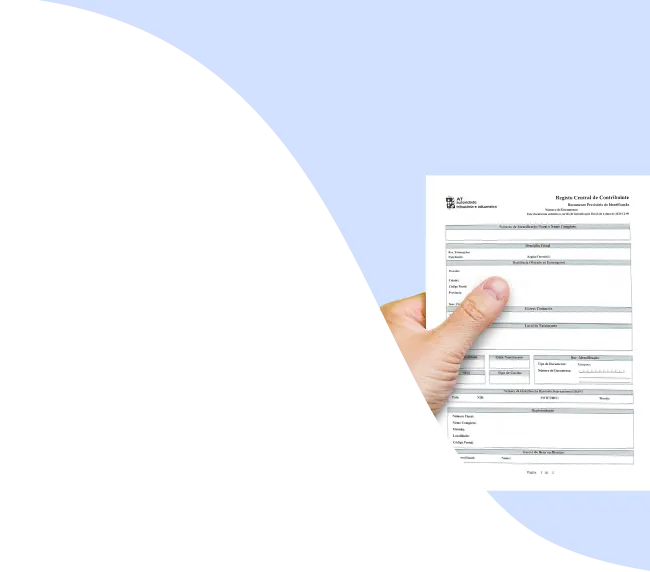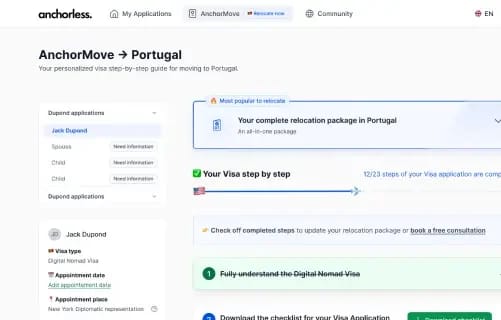What is IRS?
IRS, short for "Imposto sobre o Rendimento das Pessoas Singulares," translates to Personal Income Tax.
This tax applies to the annual income of individuals, both residents and non-residents, who earn income within Portugal. The tax is determined based on your earnings, with the applicable rate varying according to established income brackets.
The Portuguese IRS system operates on a progressive scale, meaning that as your income increases, the tax rate also increases. This progressive nature is designed to promote social equity.
Who needs to file an IRS return?
Generally, the following individuals are required to file an annual IRS return:
- Residents: Individuals considered tax residents in Portugal.
- Non-Residents: Individuals who earn income within Portuguese territory that hasn't been taxed at the source.
Who is a tax resident?
You are considered a tax resident if you meet any of the following criteria:
- You remain in Portuguese territory for more than 183 days (consecutive or not) within a 12-month period.
- You have accommodation (owned or rented) that you intend to maintain and occupy as your habitual residence.
- You are a member of the crew of a vessel or aircraft providing a service to bodies domiciled or based in or actually managed from Portugal.
- You perform public functions or commissions abroad, at the service of the Portuguese State, including functions of a Member of the European Parliament.
- You have Portuguese nationality but a tax residence in another country, territory, or region subject to a tax regime that is appreciably more advantageous, and that is on the list approved by the Portuguese tax authorities.
Even if your tax is fully withheld at the source by your employer, you might still be required to submit a return to declare other income or claim deductions. Married couples or those in civil partnerships have the option to file jointly, which may offer certain tax advantages. However, this option is valid only for the year concerned, meaning you can choose to file individually or jointly each year.



















































